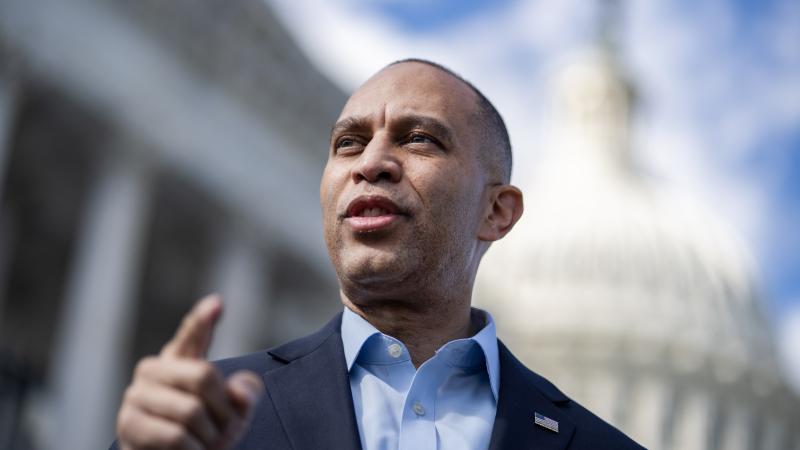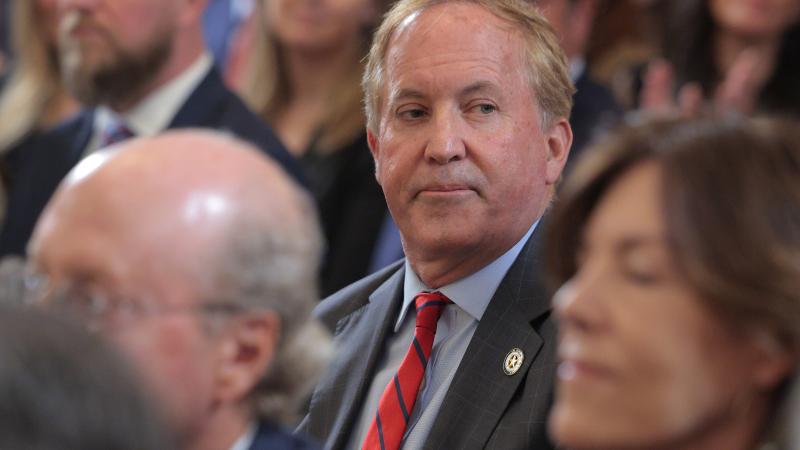House GOP leaders tells members vote no on CHIPS Act, call billion in spending 'corporate welfare'
The bill passed the Senate on Wednesday night 64-33
House Republican leaders are urging their members to vote against a bipartisan Senate measure that would give tens of billions of dollars to the U.S. makers of semi-conductor computer chips, which they calling a "corporate welfare bill."
The plan to "whip" votes against the measure follows the Senate on Wednesday night passing the bill 64-33, with 17 Republicans joining 47 Democrats in saying yes.
The vote was followed by Senate Majority Leader Chuck Schumer (D-N.Y.) and Sen. Joe Manchin (D-W.Va.) announcing a deal on a spending-climate change-tax increase bill the previous said was dead.
Senate Republicans had said they would provide votes to pass the CHIP measure if Senate Democrat persisted with the spending-climate-tax bill.
"At a time when Democrats’ reckless spending policies have led to historically high inflation, the government should not be injecting hundreds of billions of dollars in additional subsidies into the economy," House Minority Whip Steve Scalise said in in the letter Wednesday night to conference members.
"This legislation comes to the House precisely as Senate Democrats have allegedly struck a deal on their partisan reconciliation bill, pairing up a tone-deaf agenda that on one hand gives billions away in corporate handouts, and on the other hand undoes historic tax cuts implemented by Republicans."
Still, the bill is likely to pass in the Democrat-controlled House without GOP support.
Numerous conservative groups also oppose the CHIPS Act including Americans for Tax Reform, Americans for Prosperity, Heritage Action, FreedomWorks and America First Polilcy Institute.
A handout included in the email from Republicans on the House Ways & Means Committee say that for roughly the same cost as CHIPS subsidies ($52 billion in grants + $24 billion tax credit) Congress could "enact a powerful set of incentives to allow all American companies to compete and win in the global economy."














